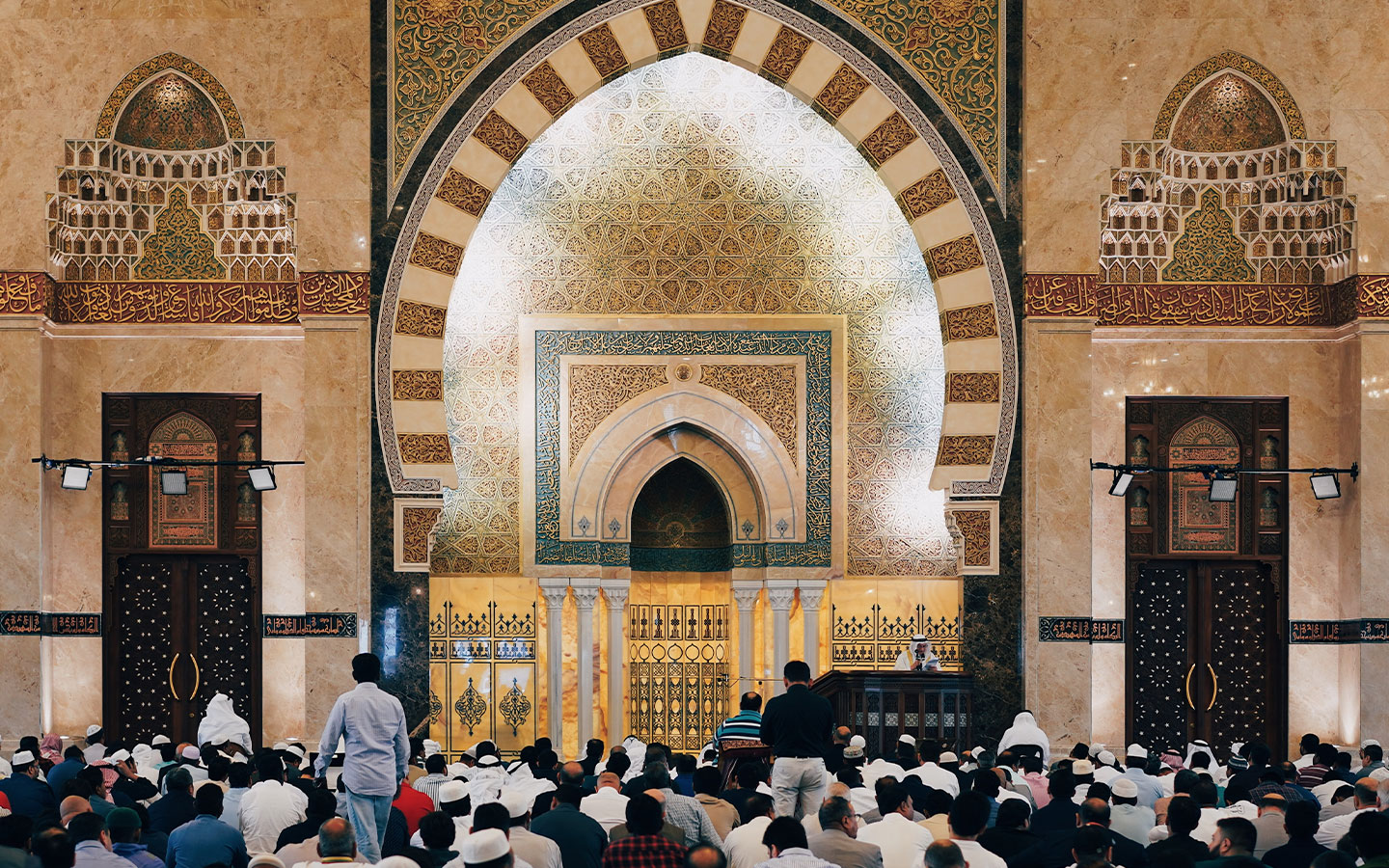Muslim
Being a conscientious Muslim is about living in reverence and harmony with Nature and recognising that Nature is an indispensable guide to manifesting much of what Muslims need to know about God and the place of mankind in the Universe.
Being a conscientious Muslim is about living in reverence and harmony with Nature and recognising that Nature is an indispensable guide to manifesting much of what Muslims need to know about God and the place of mankind in the Universe.

In his treatise Restoring the Balance: A Theoretical Response to Climate Change, Imam Dr. A Rashied Omar explains that from an Islamic perspective, the environmental crisis we are facing today is a symptom of a deep spiritual malaise.
Mankind has become an extravagant consumerist resulting in a growing disconnection from the universe which as a consequence, has tipped the sacred balance between humans and nature.
Maintaining the balance and harmony of the whole of creation is an essential part of tawhid, a central concept of Islam which means the Oneness of God. Allah is Oneness and his Oneness is reflected in the oneness of man and creation. Muslims are answerable for how they walk the middle path and keep the balance between their needs and those of nature. Together the central values of Oneness (tawhid), trusteeship (khalifa) and accountability (akhirah) form the pillars of the environmental ethics of Islam.
The instruction not to waste nor to be extravagant is clear in Allah’s proclamation: O children of Adam! Eat and drink but waste not by extravagance, for Allah loves not the wasters. (Surah Al-Araf, ch. 7 vs 31)
“God created nothing unnecessarily and has omitted nothing that is necessary. Thus, even in the mutual opposition of the various elements of the universe, there exists a divinely willed harmony because creatures have received their mode of existence by the will of their Creator, whose purpose is that through their interdependence they should bring to perfection the beauty of the universe.“ (Source: The Christian Declaration on Nature – Assisi 1986)
The Prophet provided for animals, as did Abu Huraira who narrated this hadith. Abu Hurayra’s name translates as the ‘father of kittens’, named so because he was known to carry kittens in the draped sleeves of his robe.
Animals have a huge role in the ecological welfare system. The tenets of the Shariah law towards animals rights make it obligatory for any individual to take care of crippled animals, to rescue strays and to guard a bird’s nest of eggs.

" man felt very thirsty while he was on the way, there he came across a well. He went down the well, quenched his thirst and came out. Meanwhile he saw a dog panting and licking mud because of excessive thirst. He said to himself, “This dog is suffering from thirst as I did.” So, he went down the well again, filled his shoe with water, held it with his mouth and watered the dog. Allah appreciated him for that deed and forgave him.” The Companions said, “O Allah’s Messenger! Is there a reward for us in serving the animals?” He replied: “There is a reward for serving any living being. "